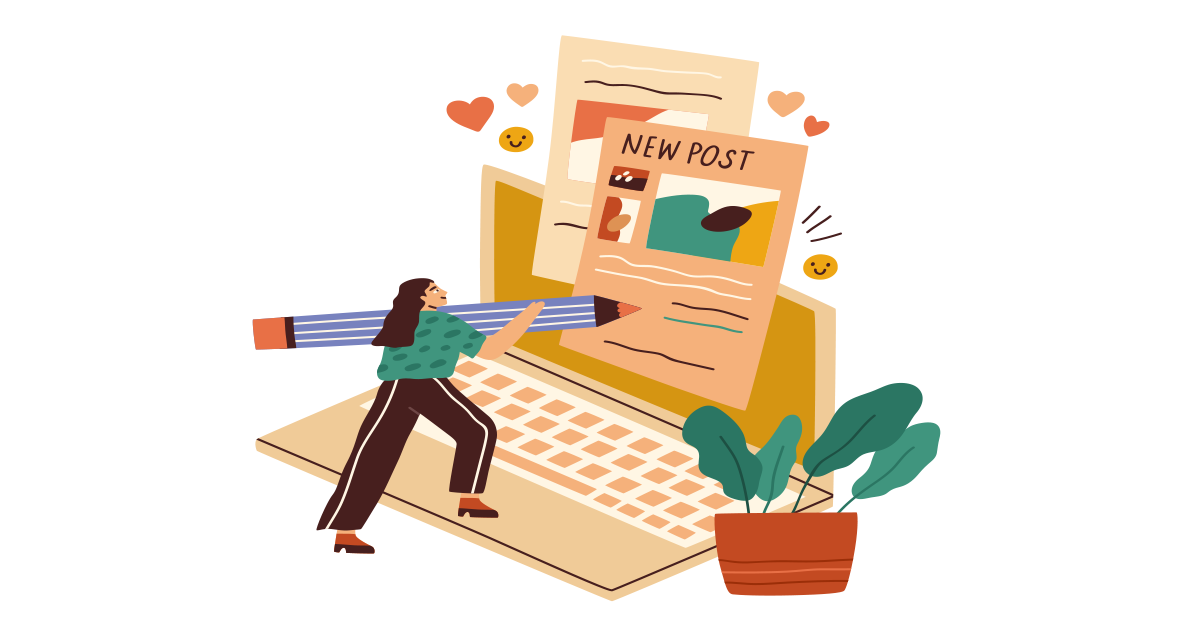- Martín Caballero
- September 4, 2015
[fusion_text]As an event manager, your events are where people can see all your talents on display. However, it’s those crucial moments in between events where the hard work really takes place. The strength of your clientele and your ability to keep them happy will ultimately determine your success or failure in the industry, meaning you need to master the art of the follow-up. It’s simple in theory, but a touch of finesse in this area can make all the difference. Here are our four keys for successfully following up with clients after an event.
First Touch
Every client has their own taste and personal style, and that extends beyond the event itself. Before following up after a successful event, take your time to tailor a response that speaks specifically to your client. Would they appreciate a handwritten note (an opportune time to share some positive feedback or reference a previous conversation), or would an e-mail work better? Can you show them some love with a mention or post on social media? Is there a way to personalize your follow-up to really grab your client’s attention? Now’s the perfect time to show your consideration and attention to detail in a meaningful way.
Get the Tools
Whether you’re glued to your smartphone or you prefer to take the pen-and-notepad route, there’s no excuse for not harnessing the wide range of tools available to help you manage your clientele. Software options like Exclaimer and AppReach can send automated responses and targeted marketing announcements to your clients even when you aren’t around. Apps such as Cobook can help you organize your contacts, set reminders to get in touch, and compile notes about individuals for reference. Even if you still jot down all your important notes in a Moleskin, the theory remains the same: find the tools and develop a system that suits you, and stick to it.
Move Quickly
You really shouldn’t need us to remind you that waiting two weeks to follow-up with a client after an event isn’t the best practice, but in case you do, here it is again. A quick response indicates your both your professionalism and your enthusiasm for working with the client, and keeps your name in the mix for any potential jobs that may suddenly come up. Apply the plan you came up with (see above) for following-up, and get on it by 2-3 days after the event at the latest.
Get Creative
A good event manager is always seeking to improve, which means you should already be collecting information during your events that could help you address issues later on. That includes everything from taking notes to snapping pictures, shooting videos, recording real-time feedback from attendees, collecting metrics and any other gathering of resources that could be useful. Providing these assets to your client reflects your commitment to excellence; you may do something as simple as giving them a picture they really like from the event, or you may even give them some real insight into an aspect of their business that they can improve. Either way, it shows you are on top of your game.[/fusion_text]










